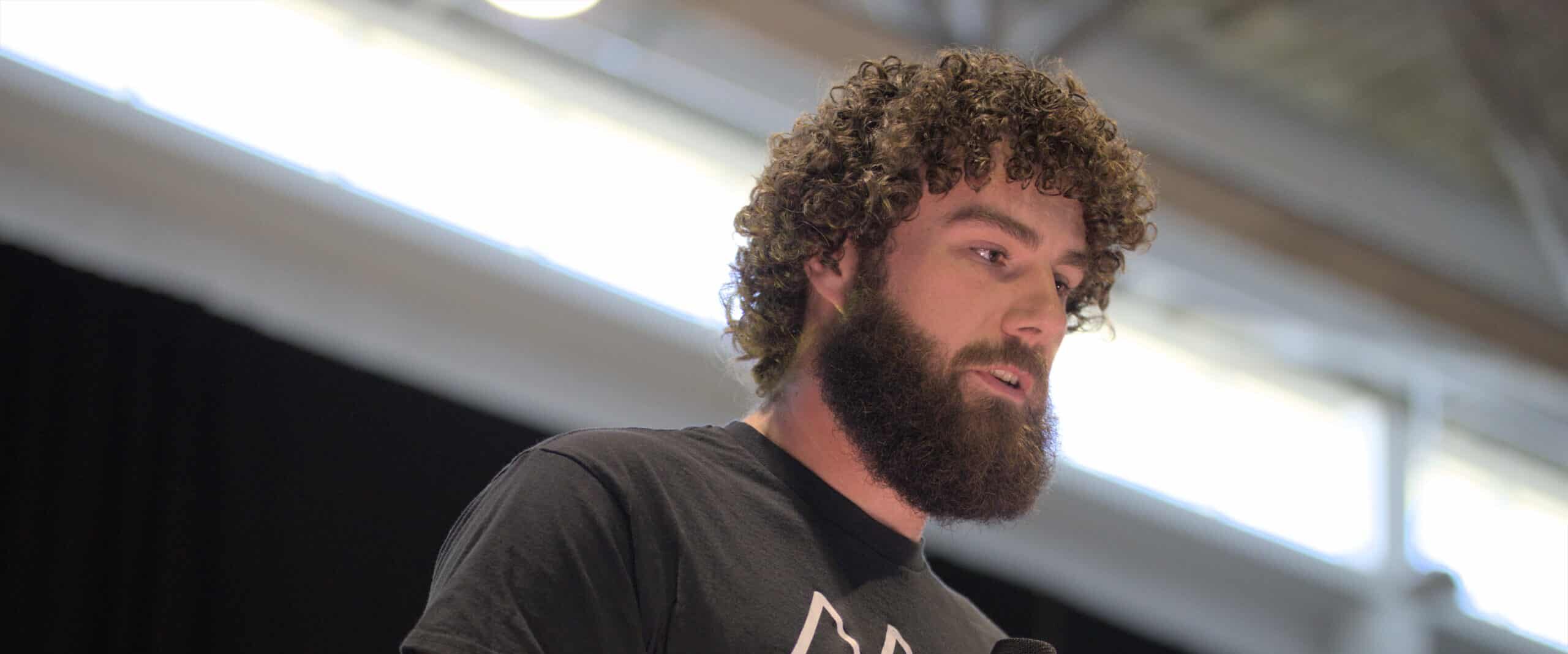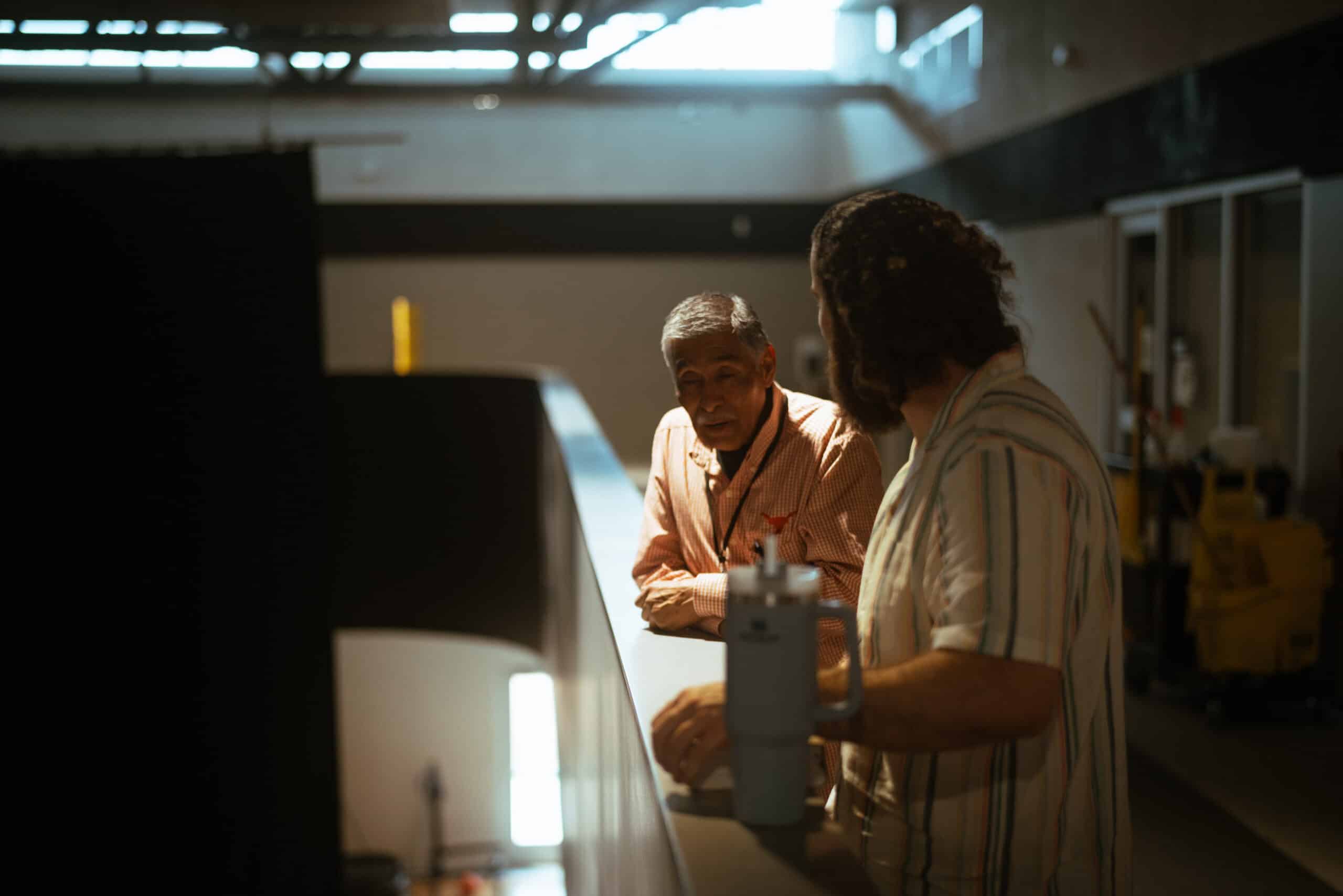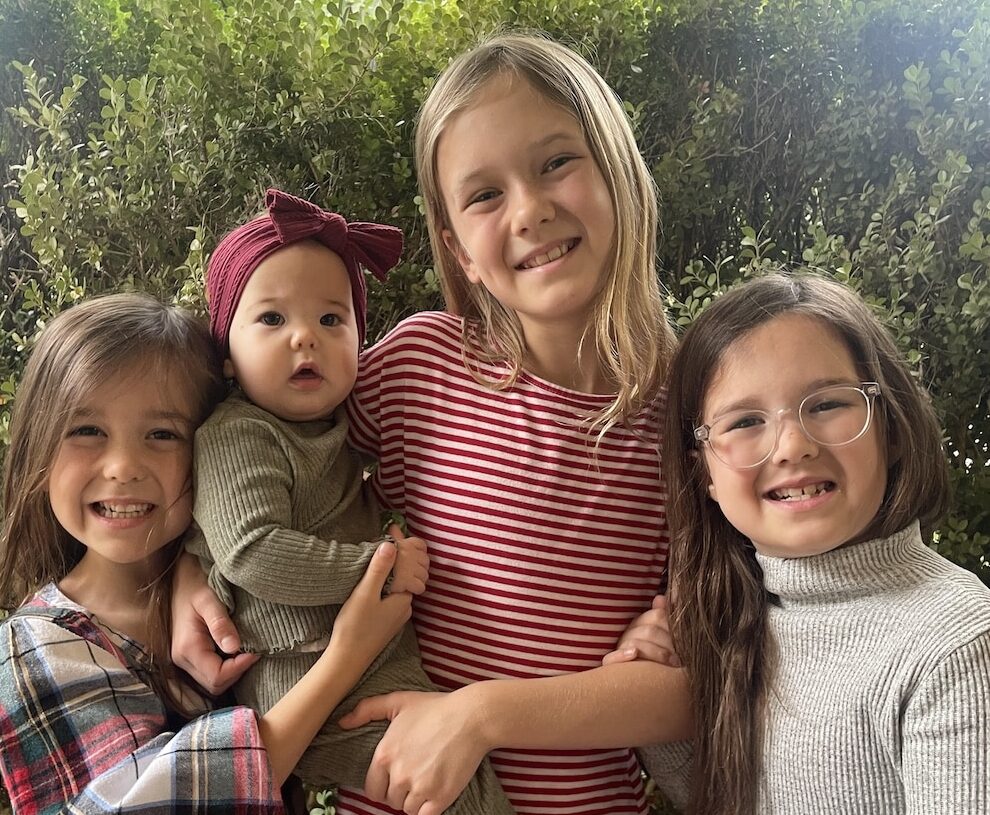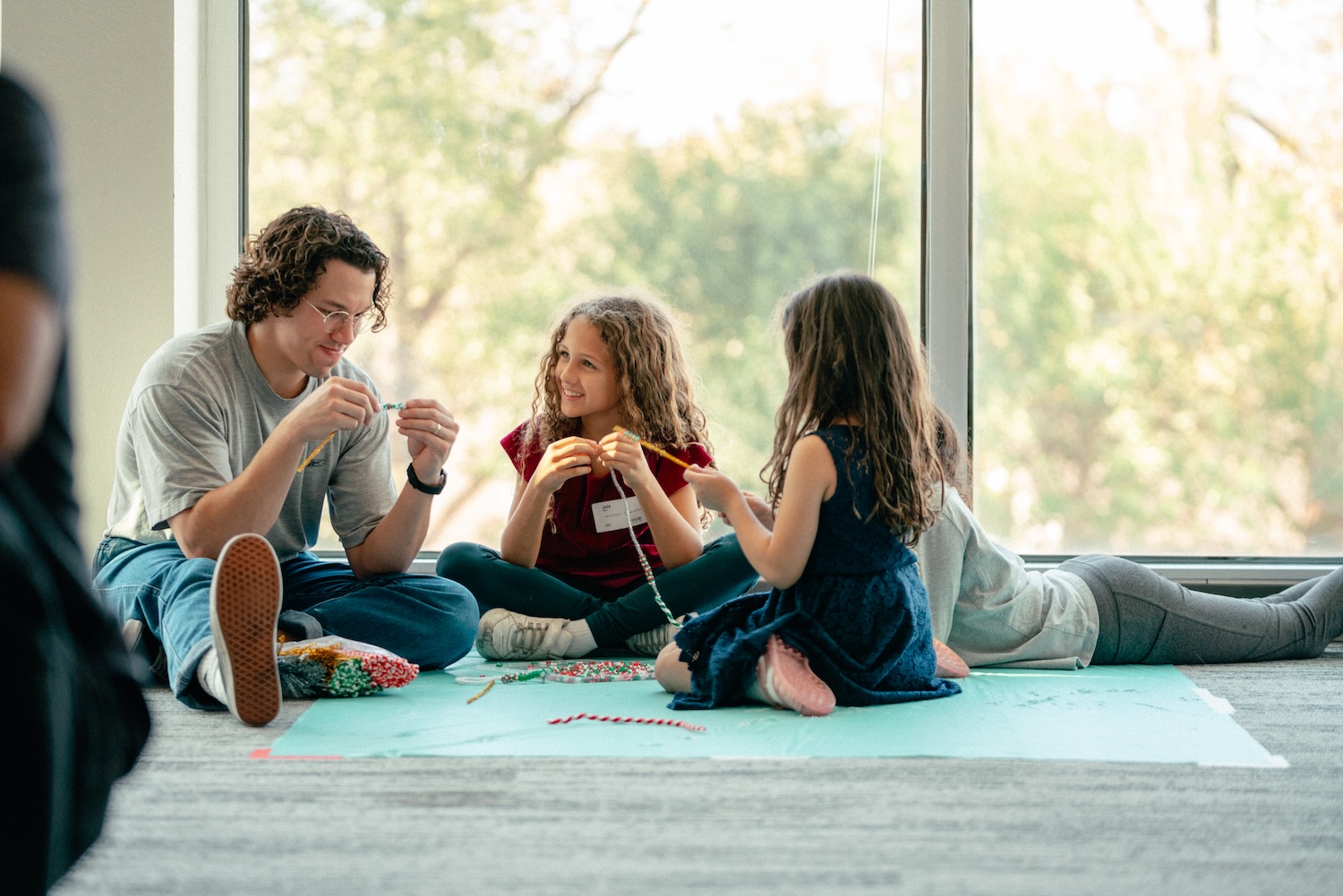Stories at The Well
WELL STORIES
The Role of Community in Evangelism
God uses ordinary people and community to reach the lost.

Discipleship is not limited to strengthening the faith of those who already believe. Throughout Scripture, it also includes reaching the lost and welcoming them into the Kingdom. Jesus’ call to make disciples assumes both proclamation and pursuit—that those who are far from God would hear the good news and be brought near. God calls every Christian to participate in this work, sometimes broadly and sometimes toward specific people or places, so that all may hear and, by His grace, respond.
Ryan’s story reflects how often discipleship begins not with certainty, but with invitation.
Born in Austin and raised for much of his childhood in Oregon, Ryan returned to Austin as a teenager carrying a deep sense of disconnection. He felt distant from his family, from any spiritual grounding, and from a sense of belonging. Isolation became familiar, and community felt out of reach.
His first steps toward faith were not driven by personal conviction but by the encouragement of others. His then-girlfriend invited him to church. “At the time, I was not a believer,” he says. “I had just broken up with her, but I asked her to bring me to her church, and it turned out to be The Well.” What felt incidental at the time marked a turning point.
For many, faith begins this way. A simple invitation becomes the doorway into something lasting—a place where the love of Jesus is seen and experienced through ordinary people.
When Ryan joined a community group, it felt unfamiliar. He was reserved, unsure, and uncertain whether he truly belonged. His first visit to the Newell family’s home stood out not because of teaching or discussion, but because of warmth. “They did such a good job of welcoming me in and showing me love,” he recalls. “They showed me how I could be a part of a community.”
That sense of belonging mattered. Community is not defined by attendance or structure, but by presence—by showing up, listening, praying, and walking with one another. Ryan’s group became a place where questions were welcomed, burdens were shared, and grace was practiced.
That reality became especially clear when Ryan’s grandfather was nearing the end of his life. Grief pressed in, and Ryan reached out to his roommates, who were also members of his community group. “I remember texting them and asking if I could have a hug when I got home. And when I walked in, they were already there, waiting for me. I gave them a hug and just started crying,” he says. “It was a release of so many emotions I’d been holding back. Seeing my friends show up for me in that way reminded me of the love Jesus has for us.”
In moments like that, community ceases to feel like a program and becomes a lived expression of God’s care.
Ryan’s decision to follow Christ and be baptized came slowly. It was shaped by time, prayer, and the steady support of those around him. During a prayer gathering with his group, as they sought clarity about God’s leading, Ryan felt a clear prompting. “I felt God urging me to take a bold step of faith,” he says.
I felt God urging me to take a bold step of faith.
That step was not without wrestling. He questioned the meaning and necessity of baptism, working through those questions through conversation and prayer. Over time, baptism came to represent not obligation, but surrender.
When the day arrived, Ryan stood on stage, nervous but resolved. “It was really nerve-wracking being up there because I don’t love being in front of people,” he admits. Yet as he looked out and saw the faces of those who had walked with him, there was peace. He knew he was not alone.
Today, Ryan extends the same invitations that once shaped his own story. He has learned not to take rejection personally. “Jesus will continue to soften their hearts,” he says. “I just have to keep pursuing others, just as He pursued me. It’s not through our strength that people come to Christ—it’s through God’s strength. Our job is simply to be faithful and to love others the way Jesus loves us.”
For Ryan, discipleship is not defined by grand gestures or polished words. It is defined by presence—by showing up consistently and trusting God with the outcome.
The fruit of discipleship is rarely immediate and never tidy. It grows through relationships, through quiet faithfulness, through people who choose to walk with one another over time. Ryan’s story is a reminder that this work is often slow and sometimes messy, but always meaningful.
As we continue walking together, the aim is not impressive programs or quick results. It is faithfulness—to reflect the love of Jesus in ordinary moments and trust God to do what only He can: bring the lost home.






